Just how much of the nose plays a role in sleep-disordered breathing should probably get a bit more attention.
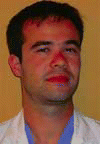

Just how much of the nose plays a role in sleep-disordered breathing should probably get a bit more attention.
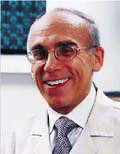
Does multilevel upper airway surgery preclude continuous positive airway pressure (CPAP) usage, and is there a best way to repair cerebrospinal fluid (CSF) leaks?
More is being learned about sleep and how it relates to otolaryngology. At the recent Combined Otolaryngology Spring Meeting, attendees heard details about how the different stages of sleep affect obstructive sleep apnea (OSA), as well as intriguing findings showing how airway anatomy changes can actually be seen during sleep with use of real-time CT imaging.
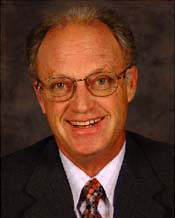
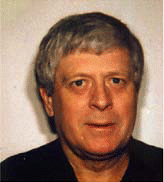
Even though tonsillectomies are a commonly performed procedure, research continues to find out more about how to best do the surgery, as well as other values of the procedure.
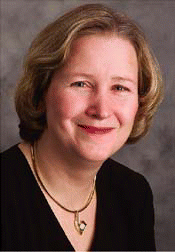
The general otolaryngologist’s office practice is full of patients with sleep disorders-the hypertensive male with epistaxis, the snoring child with ADHD, the woman with fatigue and restless sleep.
Individuals identified with sleep apnea appear to have a different pattern of deglutition when they are sleeping than do healthy subjects, say researchers who specialize in swallowing studies.
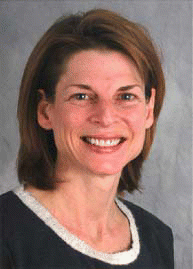
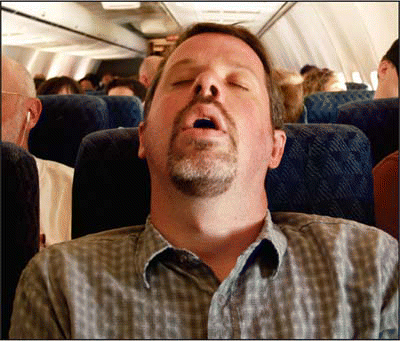
Snoring is a common complaint of patients (and their spouses) treated by otolaryngologists.

If recent evidence showing that a hearing injury in infants is a predictor of susceptibility to sudden infant death syndrome (SIDS) is validated with further studies, a perplexing and horrifying syndrome that has caused much consternation and anguish may potentially be detected by a simple hearing test at birth.